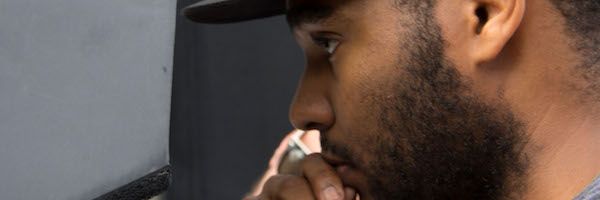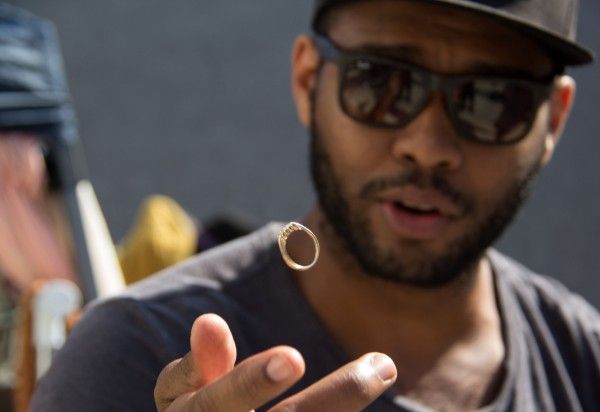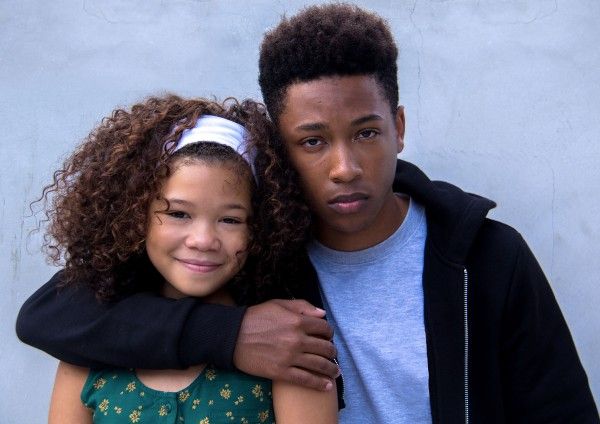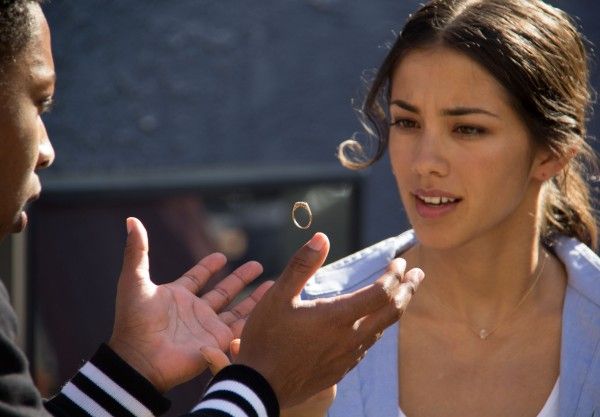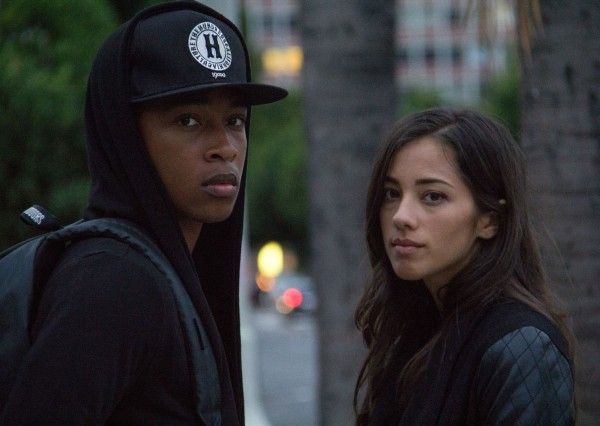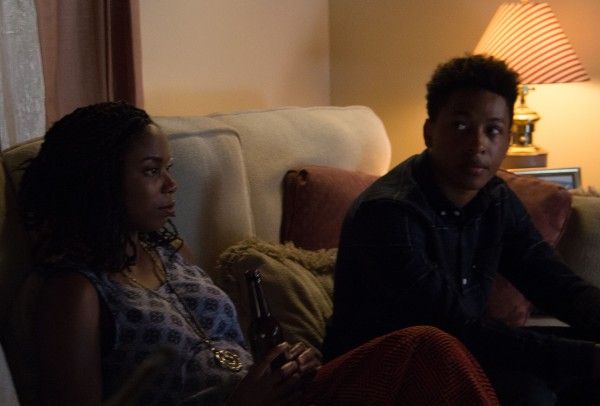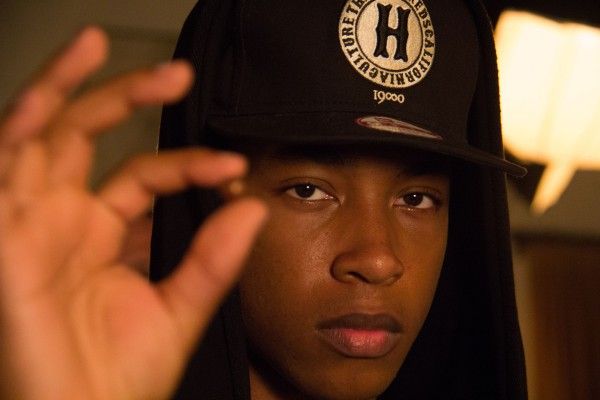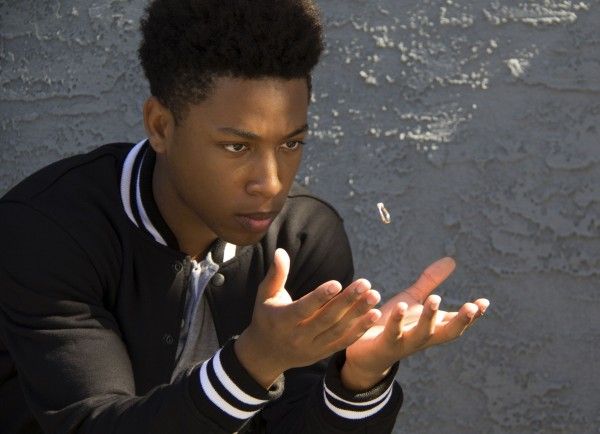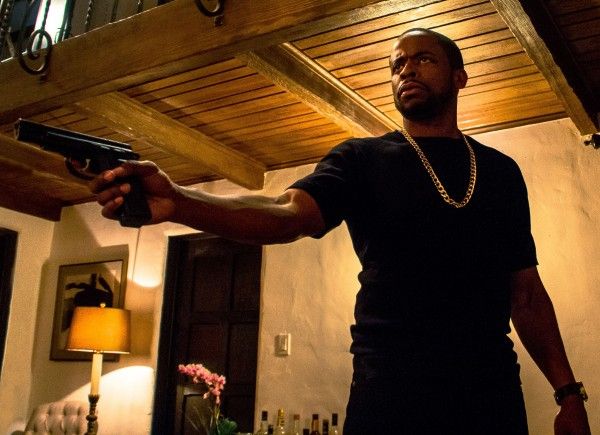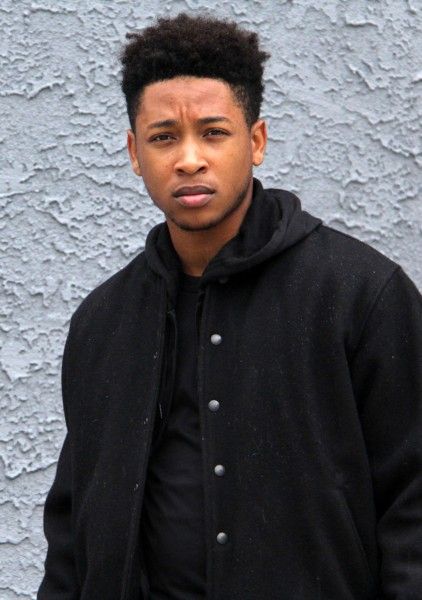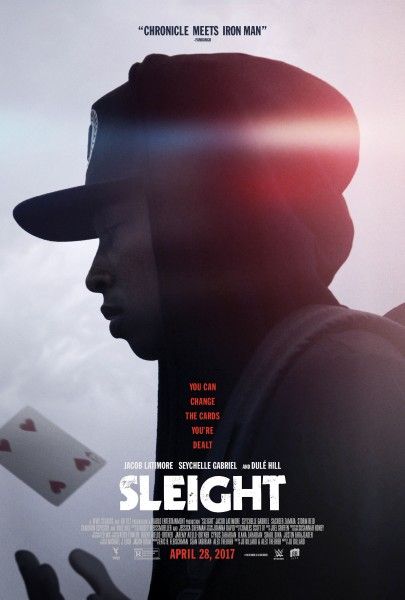From director/writer J.D. Dillard and co-writer Alex Theurer, Sleight is a unique genre-bending film about a young street magician (Jacob Latimore) who turns to questionable activities to care for his little sister (Storm Reid), now that their parents have passed, so that he can keep a roof over their heads. But when he gets in too deep, his sister is kidnapped and he is forced to use magic and his talent for deceit to save both her and himself.
During this 1-on-1 phone interview with Collider, filmmaker J.D. Dillard talked about how Sleight evolved from short to feature film, his own interest in magic, balancing the genres to make this a believable story, what he learned from his time working for J.J. Abrams at Bad Robot, and how the comic prequel came about. He also talked about where things are at with the remake of The Fly that he’s working on and what interested him in that project, and working with Blumhouse again for his next movie, Sweetheart.
Collider: With Sleight, you’ve woven the worlds of magic and crime together in a very unique blend. What sparked the initial desire to do that and the idea for this story? Did you always want to tell a story that blended the two, or did it start with one, and then the other developed out of that?
J.D. DILLARD: I grew up doing a lot of magic, and when Alex [Theurer] and I were playing around with worlds we’d like to dive into, magic had always been on the table. We explored this in a shorter format by writing a script for what would be a short film, a number of years ago, but could never really get the short off the ground. And then, when we put our heads together to think about something that we could self produce due to this growing frustration of being writers who have never seen their work on screen, it led us to think about a story that seemed just small enough that someone would be crazy enough to make it, and Sleight popped back into our head as the perfect vessel for that. The crime aspect of it wasn’t there in the very, very, very beginning. Immediately looking at what skill set you have as a magician, quite naturally we landed on the fact that there are more than a few points of intersection. There’s deceit, the ability to be a chameleon, and the salesmanship, and that intersection seemed like a fun place to tell a story.
How did you first get interested in magic, and did you have a speciality or any favorite tricks?
DILLARD: I liked it as a general thing, from a very young age. I honestly don’t even remember where exactly that trickled in from, but I think it was that first David Blaine special on ABC in the late ‘90s that completely galvanized by obsession, which I’m sure it did for a lot of people. Just seeing that really visceral, up close aesthetic was just so unbelievable to me. I was like, “Okay, I need to go to the library and take out whatever books there are about magic and figure out how some of this works.”
What were the biggest challenges in balancing real-world drama and sci-fi elements into a story that could be believable in our world?
DILLARD: The thing Alex and I have always talked about with this movie was that it was never going to be a crazy magic experience like The Prestige, and it was never going to be the most complicated and cool crime story like The Departed. That was never the goal with it. And honestly, in the writing process, very early on, we realized that, if we over-complicated any of those elements too much, it actually muddied the whole story because we were trying to spin one too many plates, throughout the entire thing. So, for us, the real joy of the movie is blending these pieces that we haven’t blended before, but in that process, there is a simplicity to each of the standalone arcs. For us, it was really just an experiment in plate spinning.
How did you end up working for J.J. Abrams at Bad Robot? You started working as the company’s receptionist, but was that part of a bigger plan to learn and become a filmmaker yourself?
DILLARD: For sure. Writing has always been where my focus and where my head is at. Going to a company like Bad Robot, there was no ulterior motive. It wasn’t like, “I’m gonna put in X amount of time, and then ask for this.” It was really just being in an environment with people who are really inspiring, truly awesome, kind, generous and thoughtful. Simultaneously and more selfishly, it was about having a job that wouldn’t completely dominate my life, so that there was time to write and to grow a craft. My years as a receptionist there were truly that. I had the time and flexibility to keep my creative life afloat and healthy, but then also walking the halls of that company certainly leaves an impact on you. So many interesting people come in and out of that building. It’s hard not to be inspired when that’s the backdrop.
As a filmmaker yourself, what was it like to watch J.J. Abrams work on Star Wars and be on the set of that? Is it mind-blowing to see something so big and epic being done?
DILLARD: You know what? It really is. Being someone who has a Boba Fett tattoo on his arm, it certainly means a lot. For me, I don’t think there’s anything bigger that could be demystified than a Star Wars movie, and especially with one of my favorite filmmakers at the helm. Ultimately, one of the biggest take-aways is that so many movies are just trying to do the same things. They just want this scene to work, or for you to empathize with this character, or to get the steadi-cam shot to nail its mark. It doesn’t matter how many people are working on the movie, how many zeros are at the end of the budget, or how many days you have to shoot. The core goal of each shooting day, no matter the scale of the film, is the same. I think it was a really important part of my own growth, as a filmmaker, to galvanize that notion that you just want to make a good story. That will transcend the sale of your film. I went from the biggest set I’ve been on in my entire life to the smallest set I’ve ever been on in my entire life, meaning my own. Day to day, the goal is the same. You want to make something good and heartfelt that you hope you will like, and that other people will like it, as well.
You made this movie for less than $1 million, and you’ve said you made it for less than half a million dollars, and that you shot it in 16 days, doing six or eight pages a day, which seems crazy under any circumstances, but then you also have action and magic in the mix. Were there things that you wanted to do but couldn’t, and that you would have done, if you’d had a bigger budget and more time, or do you feel like this is the movie you wanted to make?
DILLARD: That’s a tricky question only because we did have the benefit of knowing how much money we were shooting the movie for, at the writing stage. The movie was tailor made for what we knew we could spend. My memories of, “God, I wish we could have done this!,” aren’t too specific because it would have been put on the chopping block, even in its broadest conceit, if we knew we couldn’t do it. Where I see the tight grip of a small budget on the film really boils down to, “It would have been nice to have two days to shoot this scene, instead of one. It would have been great to have another take where the camera moved like this instead.” That’s where I see our budget and schedule. It’s not like there’s a giant missing scene from Sleight because we didn’t have the money to shoot it. We protected ourselves creatively by writing for our resources.
After having seen Sleight, I’m very curious to see what sort of take you’ll have on a remake of The Fly. Where are things at, with you co-writing and directing that, and why did you want to remake that, in particular?
DILLARD: It’s real early days on that one, and there’s not too much to talk about. In general, Alex and I love working in genre. We want to make sure that, no matter what we’re doing, whether it’s original or IP, or a giant movie or small movie, that we’re writing characters that we deeply understand and care about and want to explore. That’s always going to be at the forefront of our approach. And then, after Sundance, as more opportunities started to pop up for us, we just wanted to be extremely smart with the type of things that we engaged with. We didn’t want to play with anything that, first and foremost, would not have a beating heart. The Fly is honestly an incredible story. There is plenty and plenty and plenty of space to do exactly that. It’s certainly something that was exciting, the moment that we heard about it.
With that, or with any remake that you might do, is it important that you feel comfortable, in the sense that you have some freedom to put your own stamp on it, as well?
DILLARD: 100%. Whether it’s IP or not, the constraints of being able to put your own spin on it might even happen with an original script with very big producers on it. No matter what, it is something that we think about. Obviously, IP comes with its own things to navigate. For me, the most important thing is, regardless of what else is attached to it or what it means or who the partners are, if we can tell a very good story, and a story that will move me and that has characters that my sisters will care about and be empowered by, that’s really the litmus test for whatever we decide to do.
Is Sweetheart the next thing that you’re going to be shooting?
DILLARD: Yeah, Sweetheart shoots in three weeks, so we are deep in getting that ready to get off the ground.
What can you say about the film, and about the relationship that you now have with Blumhouse?
DILLARD: Sweetheart is a survival/horror movie, starring Kiersey Clemons and Emory Cohen, and a few other very wonderful people. It’s ultimately a bit of a darker, perhaps more visceral experience than Sleight. The really awesome thing about Blumhouse, and about getting Sleight off the ground with them, is that they’re so incredible at what they do. The past year has been wildly exciting over there. They’re delivering genre that, while it meets the expectation that you have for it, there is something that is so cooly fresh and left of center about the approach. We’re certainly going to do our best with Sweetheart to follow after the last couple of movies that have been coming out of there. It’s just been great that Blumhouse cares about stories like this. We’re really, really, really lucky to be making another movie with Blumhouse, and especially Blumhouse right now.
You have really cool young casts that you’re working with, with Jacob Latimore in Sleight and Kiersey Clemons in Sweetheart. Do you enjoy being able to work with young actors like that?
DILLARD: Yeah, and also feeling like a newcomer, as well, there is something exciting about a shared experience in finding actors who are in the same space. For us to hopefully be able to graduate together, there is a certain level of excitement and fun to that. But like anything, it’s been a learning experience. There were so many moments on Sleight that taught me when and how and where I could be a better director. One of the benefits of working with the generation of actors that are in Sleight and in Sweetheart is that we can learn together, a little bit. Sure, of course, I would love to make a movie with Will Smith, but it is nice that for my first couple of movies, I have a little bit of time to make sure that I’m just being the best director that I can be.
How did the comic book prequel idea for Sleight come about? Did it just feel like there was more story there to tell?
DILLARD: Honestly, that was a really incredible idea that came from Blumhouse. They, perhaps even quicker than Alex and I, picked up on the superhero aspect of this movie, and it just seemed like a really great avenue to expand the story a little bit. It was quite kismet that they mentioned Rob Guillory to do the illustration because I’ve been a fan of his for quite awhile. On the flipside, a very dear friend of ours, Ryan Parrot, is a very talented screenwriter and deeply as talented a comic book writer, so when this idea bubbled up, we reached out to Ryan to help bring this to life. It’s so cool to see Sleight existing in this different format.
Sleight is now playing in theaters.

